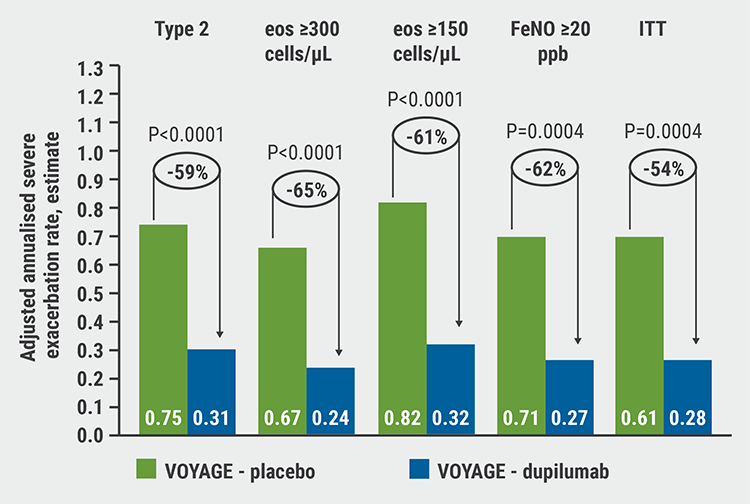"Current treatments for COPD/emphysema are very limited in their effectiveness. Our goal was to get at the root of what causes the disease so that we can prevent or reverse it," co-first author Dr. Alexandra Racanelli told Reuters Health by email. "We found, in a preclinical study, that damage to the cells that line the blood vessels of the lungs is an important driver of COPD/emphysema, and that injecting healthy versions of these cells prevented development of the disease."
In a report in the Journal of Experimental Medicine, Dr. Racanelli of Weill Cornell Medicine and New York-Presbyterian in New York City and colleagues note that despite "tantalizing associations" in the literature, "it is not clear that endothelial dysfunction drives COPD pathophysiology or is simply the consequence of damaged alveolar surface area."
In tissue samples from patients with COPD, substantial loss of the endothelial cell (EC) signature reflected more advanced clinical disease, the investigators found. This loss also aligned with radiographical evidence of advanced emphysematous changes.
EC loss and dysfunction were also hallmarks of emphysematous lungs harvested from the elastase-treated mice. The team found that intravenous delivery of healthy lung ECs from genetically identical mice reversed these phenotypes.
"We also found," continued Dr. Racanelli, "that removing a specific molecule from the cells had a similar result." In particular the researchers observe that "Leucine-rich a-2-glycoprotein- 1 (LRG1) was a driver of emphysema, and deletion of Lrg1 from endothelial cells rescued vascular rarefaction and alveolar regression." LRG1 upregulation, they note ,"directly correlated with severity of the COPD phenotype."
"Our findings, while still early-stage, suggest that we may eventually be able to restore lung health in COPD/emphysema patients using regenerative cell therapy or using precision medicine to develop a drug that blocks the target molecule in the cells," concluded Dr. Racanelli.
SOURCE: https://bit.ly/3xgkLeE Journal of Experimental Medicine, online July 21, 2021.
By David Douglas
Posted on
Previous Article
« Lenvatinib plus gefitinib promising in liver cancer Next Article
Can a glass of wine a day keep a-fib away? »
« Lenvatinib plus gefitinib promising in liver cancer Next Article
Can a glass of wine a day keep a-fib away? »
Related Articles

January 24, 2024
HCPs show low awareness of importance of HZ vaccination in COPD
© 2024 Medicom Medical Publishers. All rights reserved. Terms and Conditions | Privacy Policy
HEAD OFFICE
Laarderhoogtweg 25
1101 EB Amsterdam
The Netherlands
T: +31 85 4012 560
E: publishers@medicom-publishers.com

